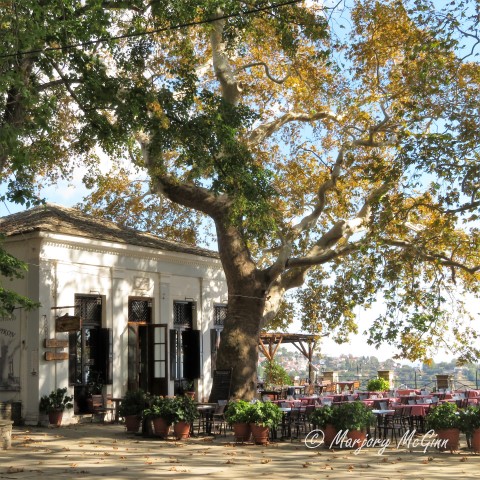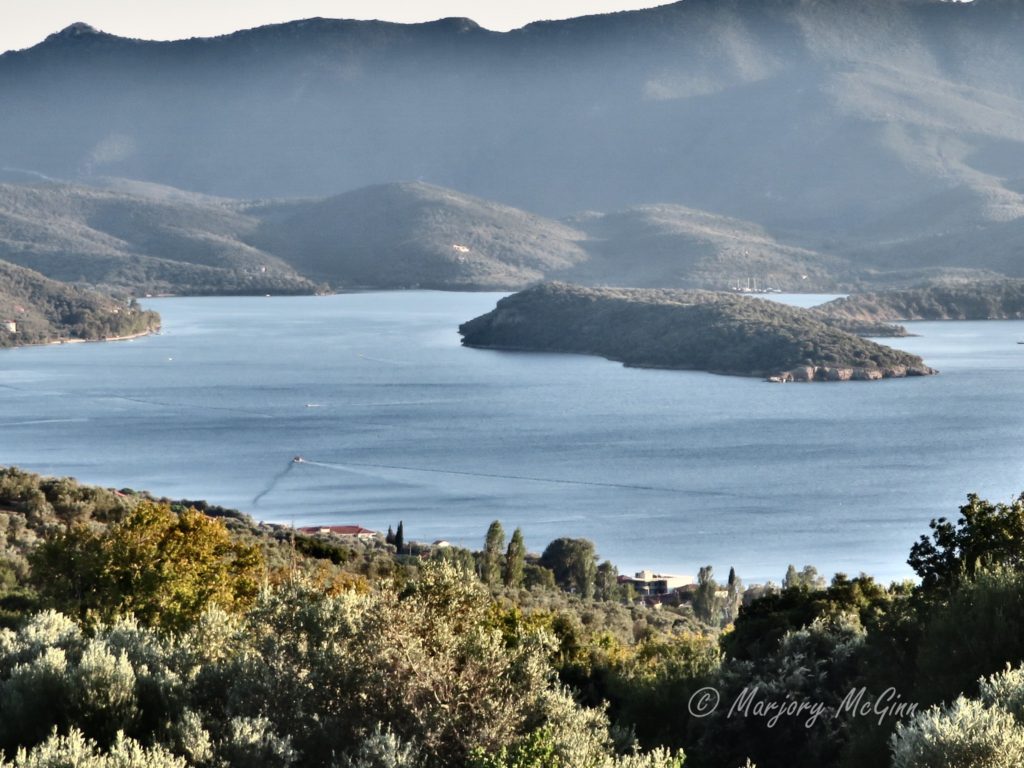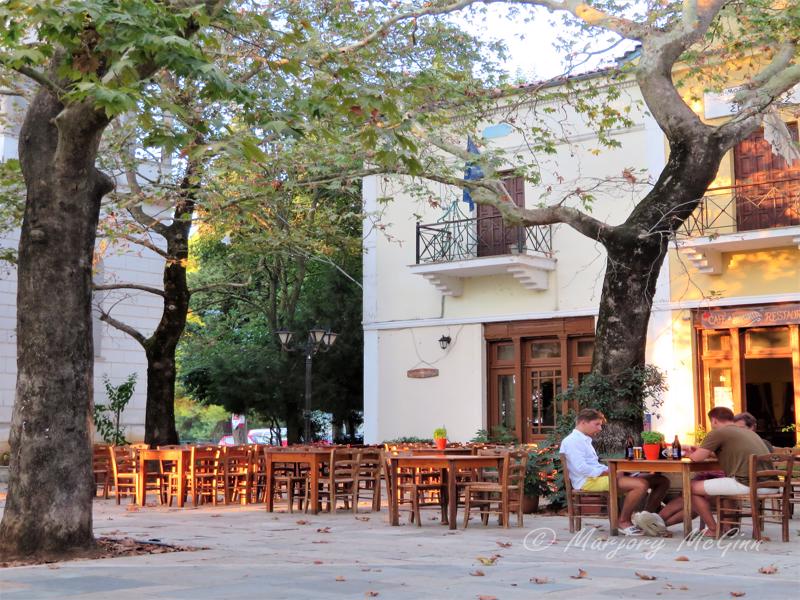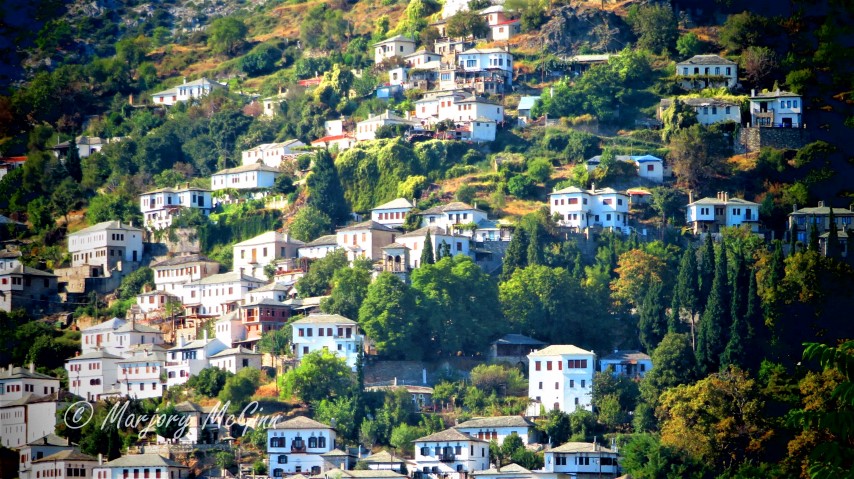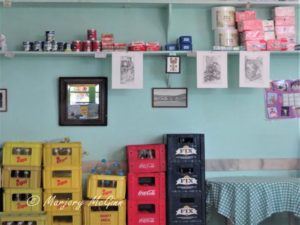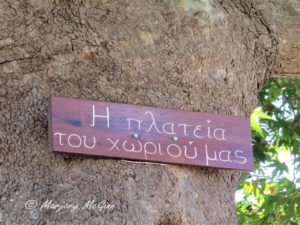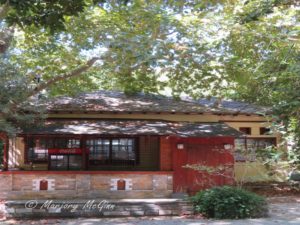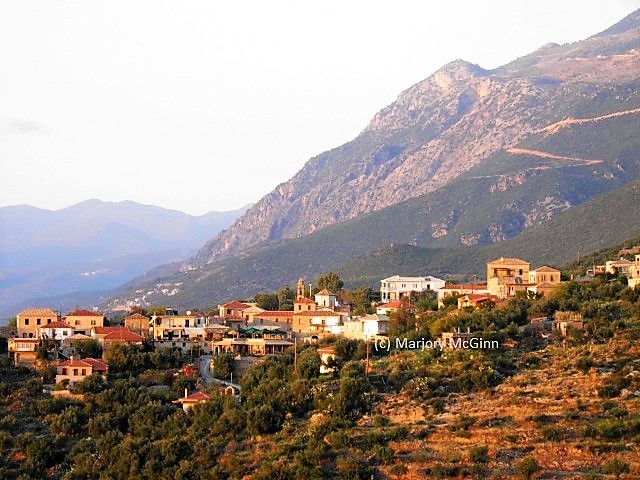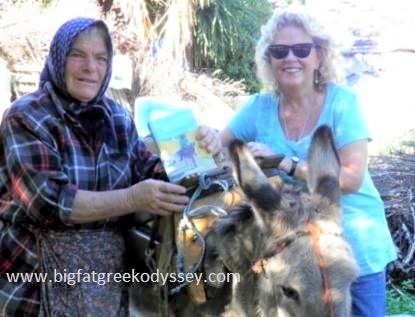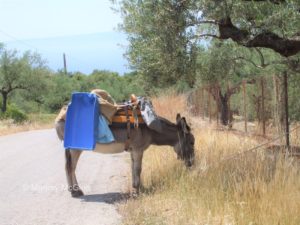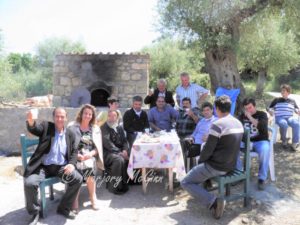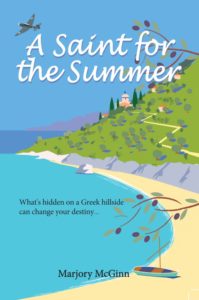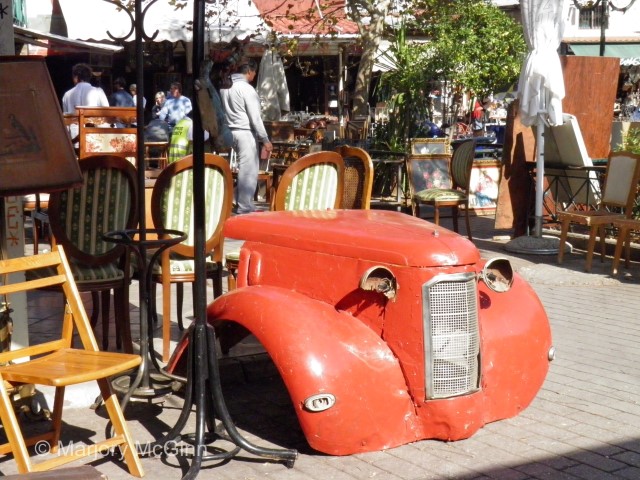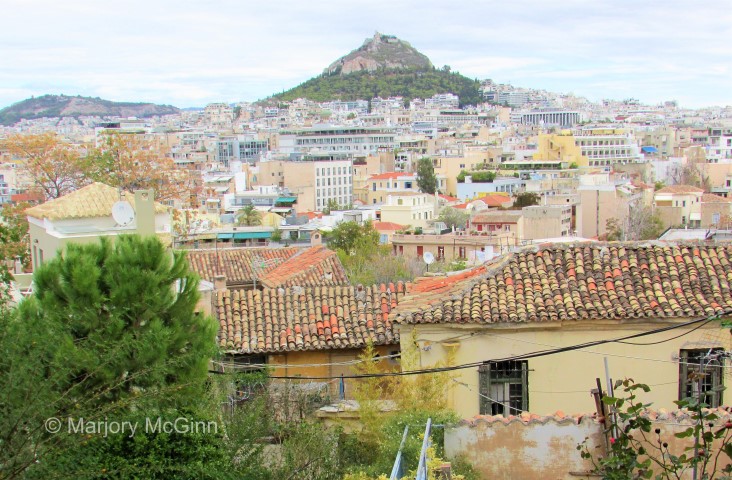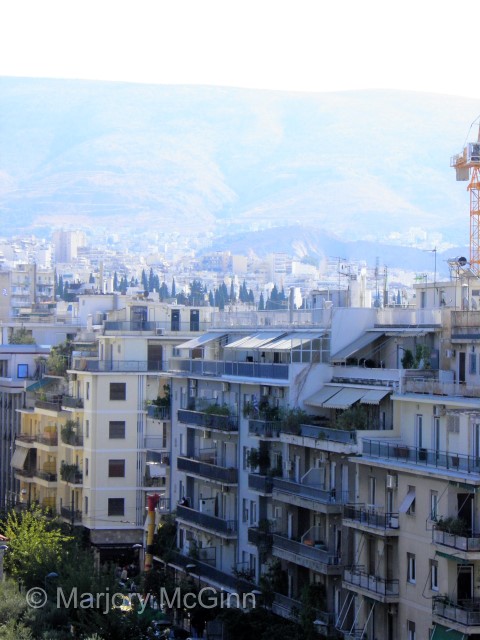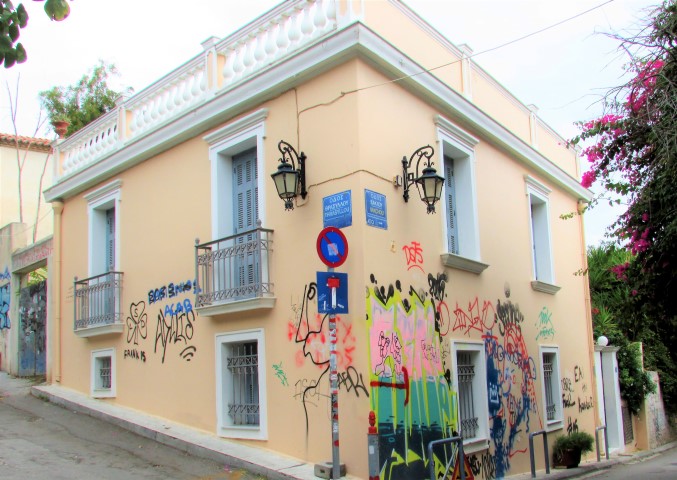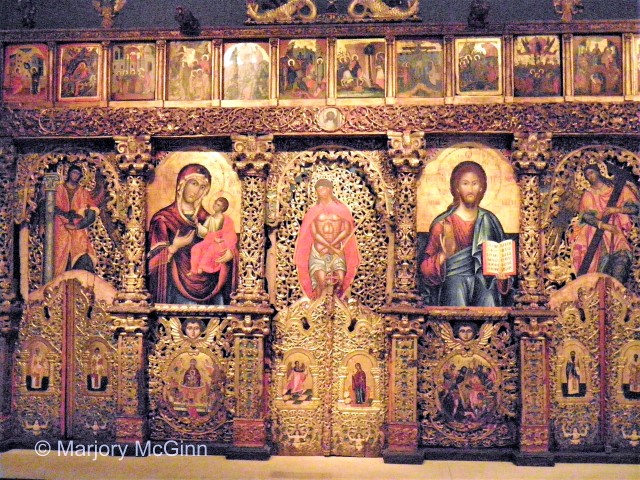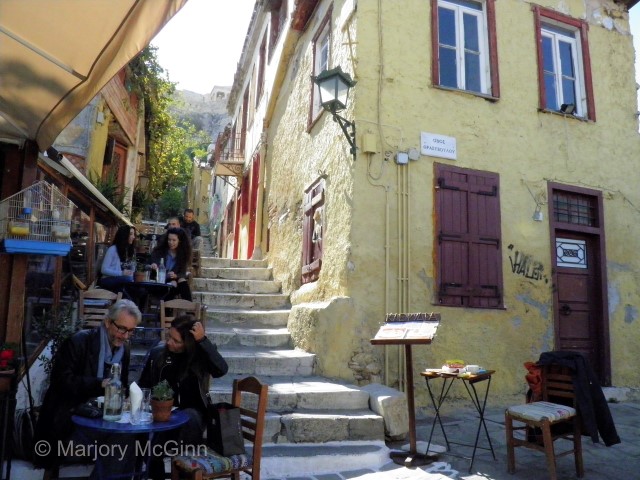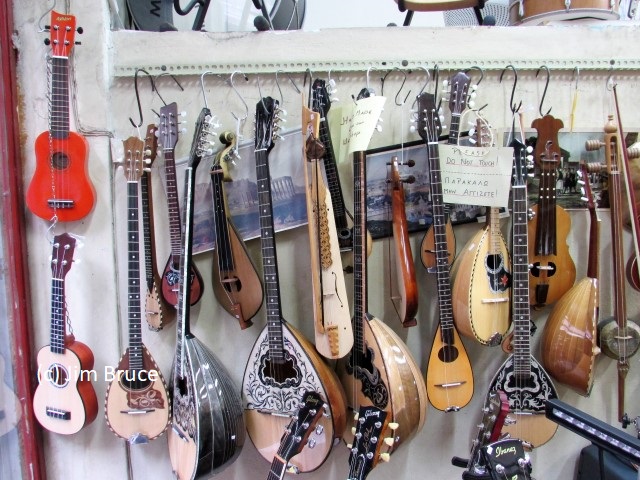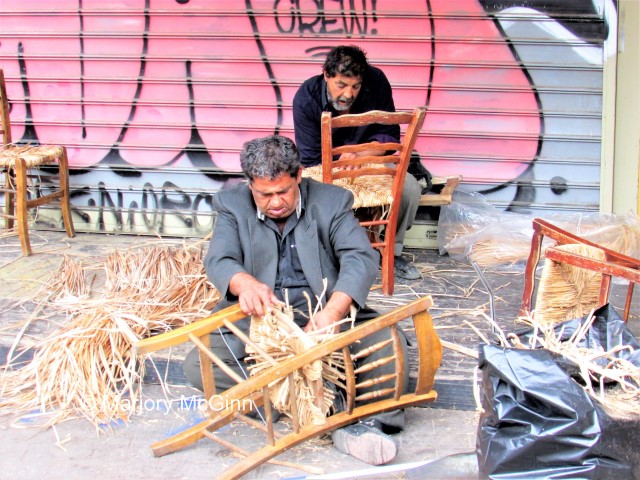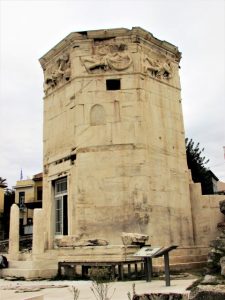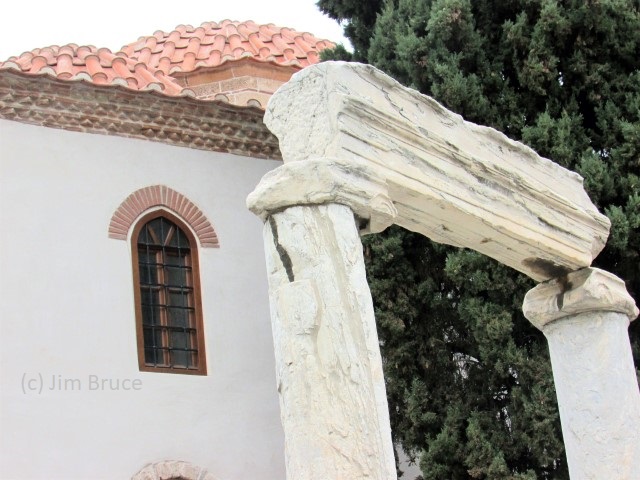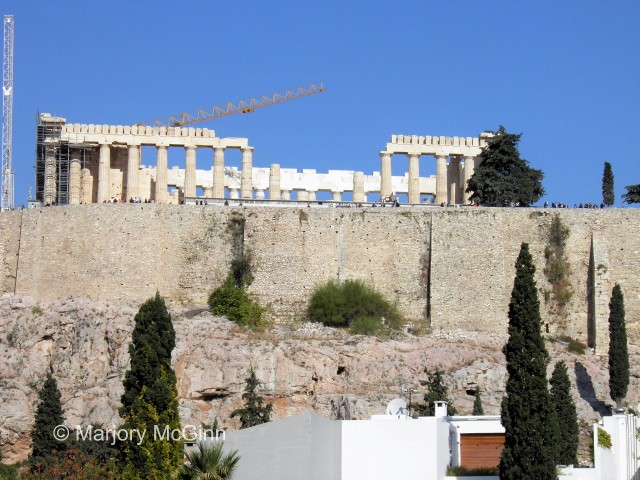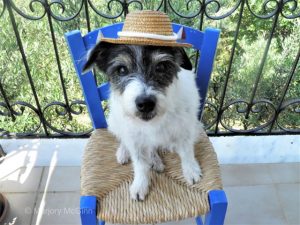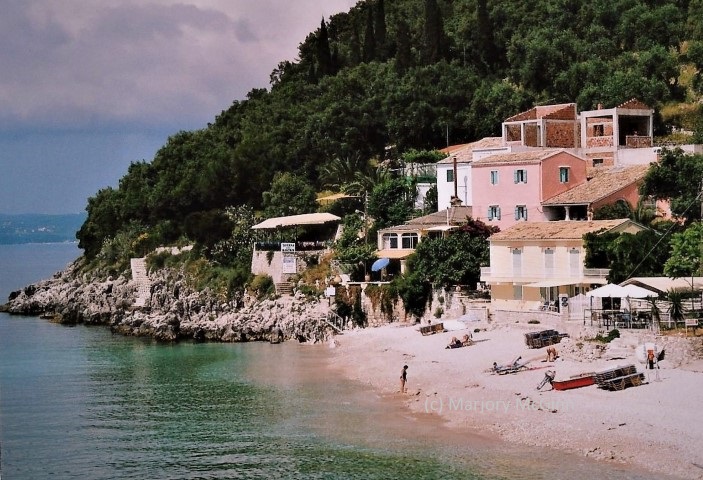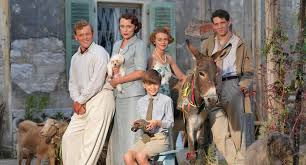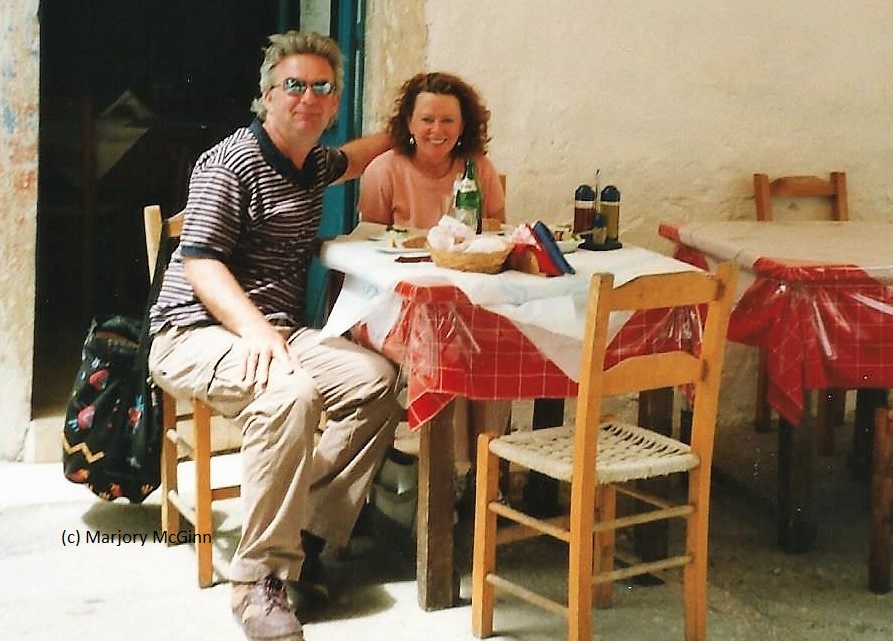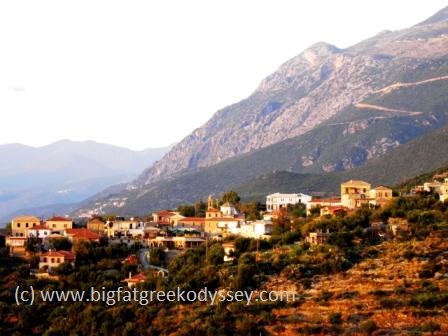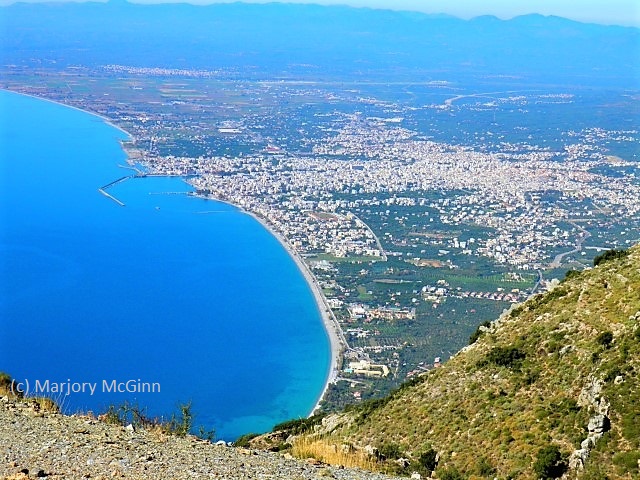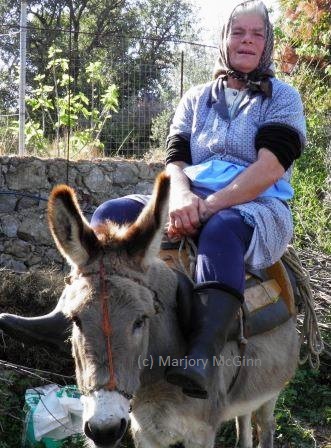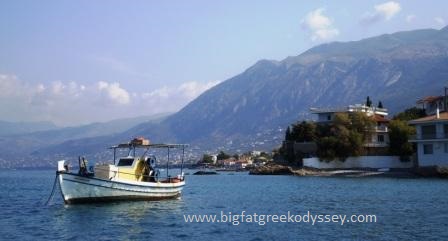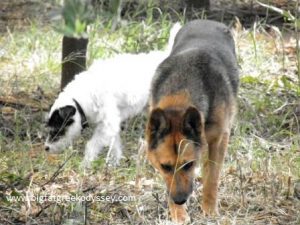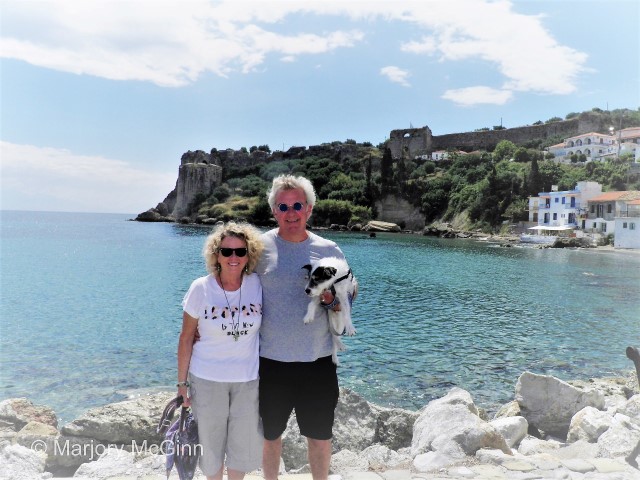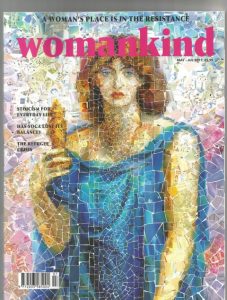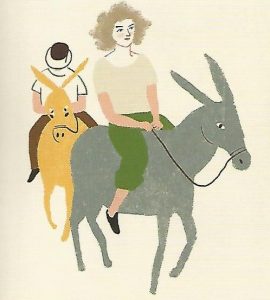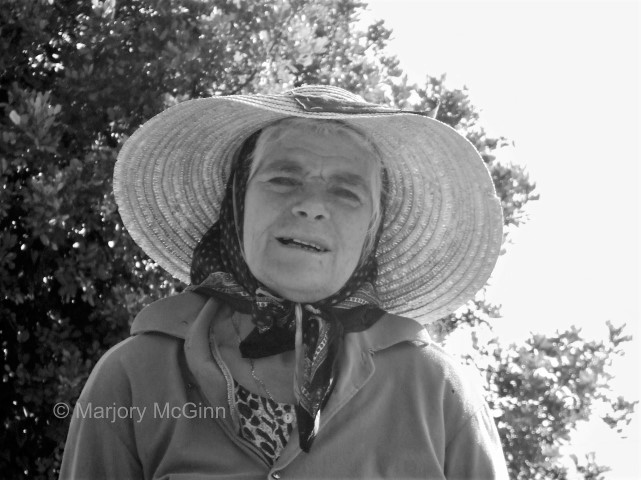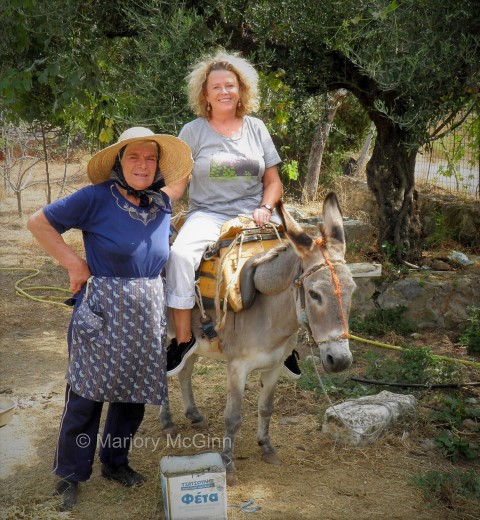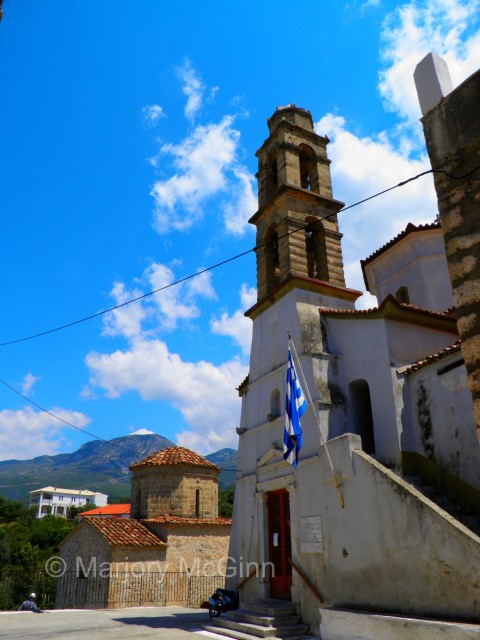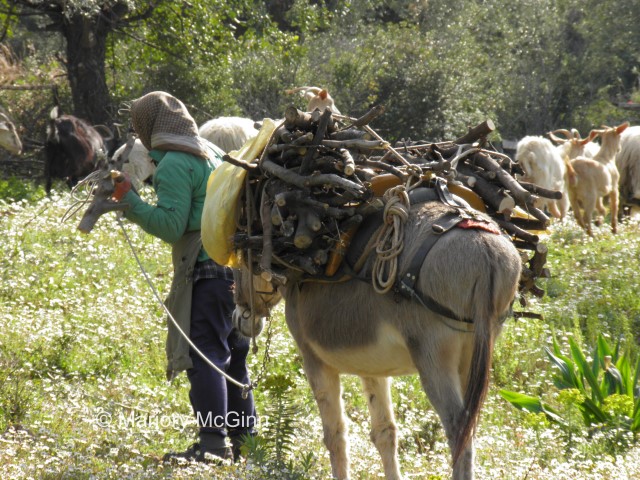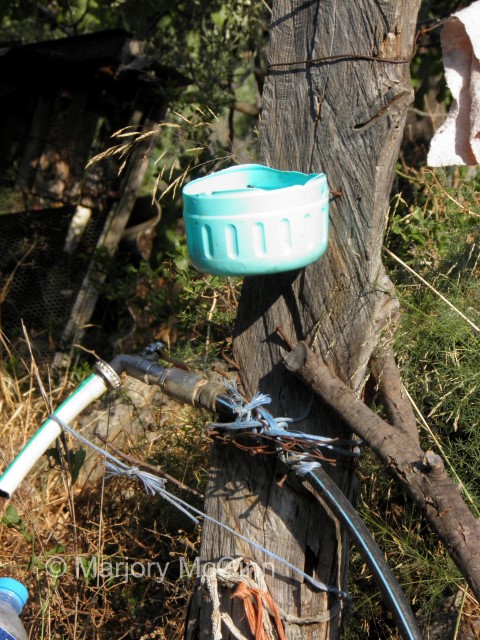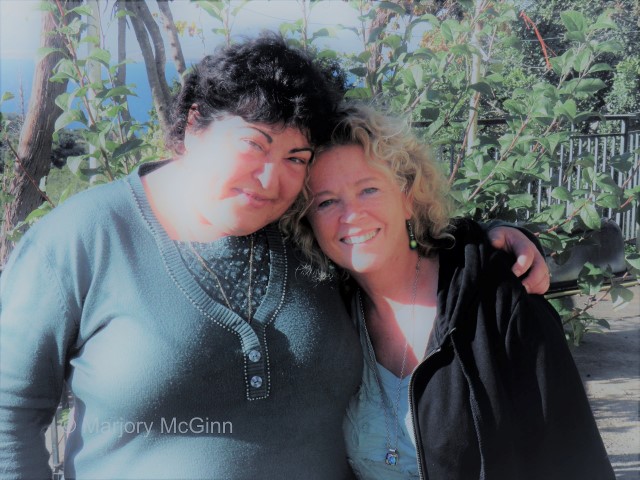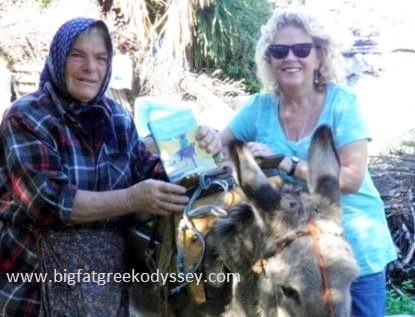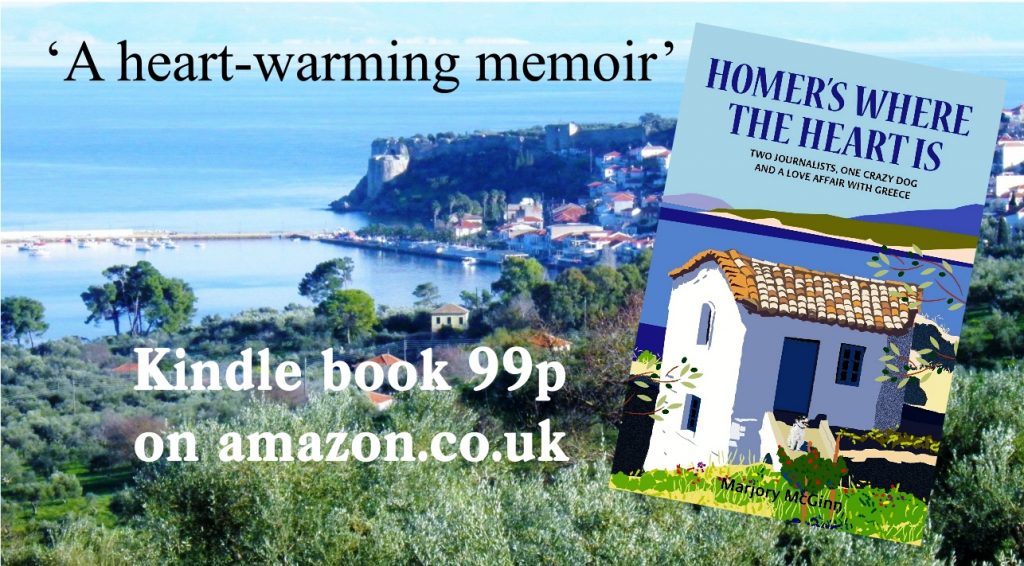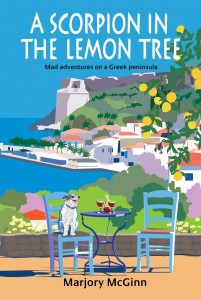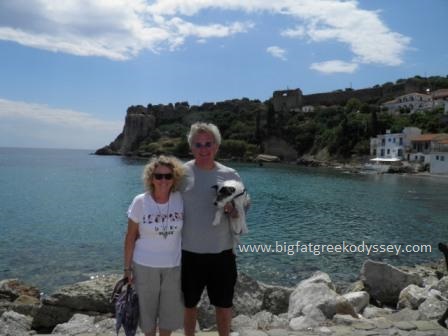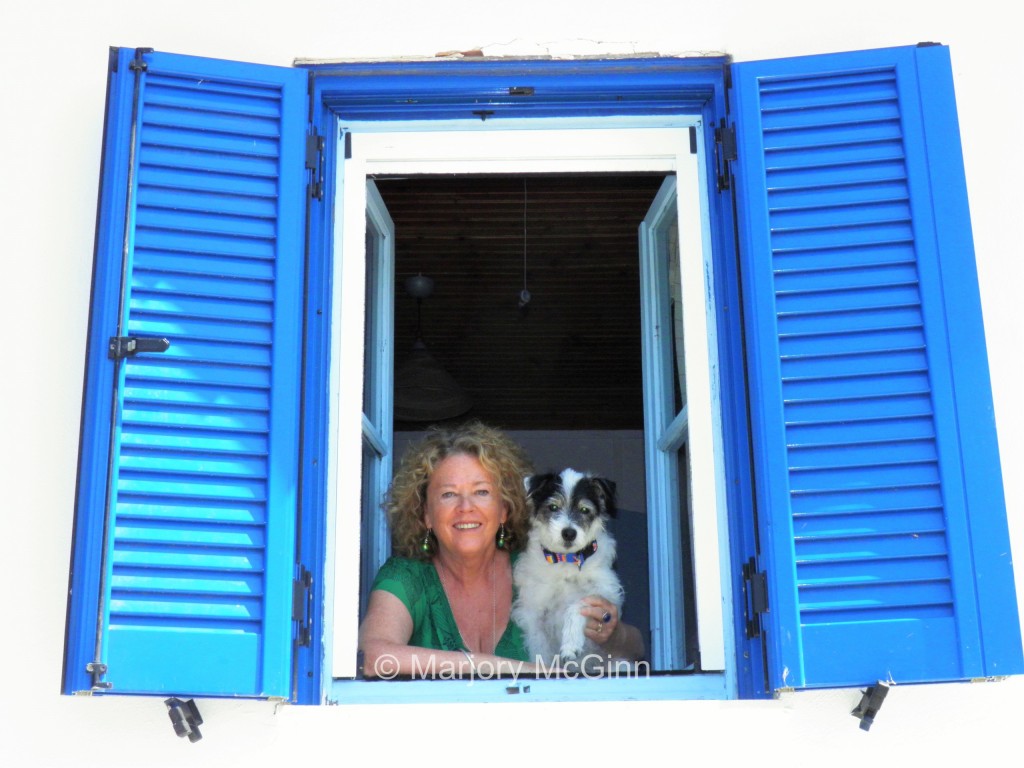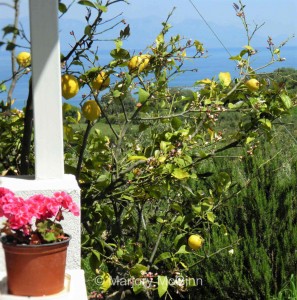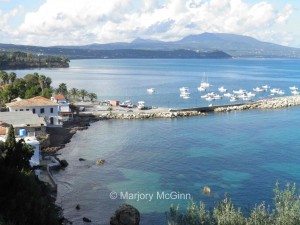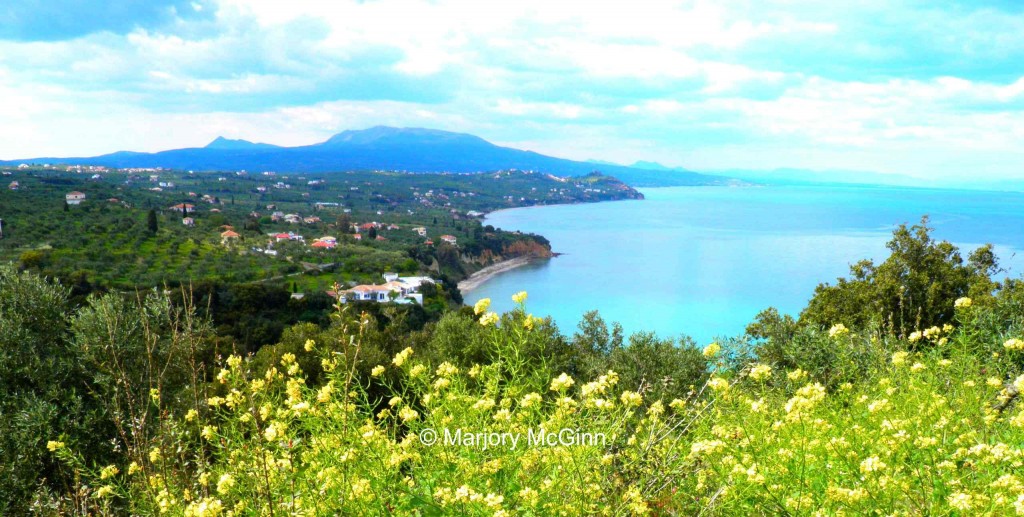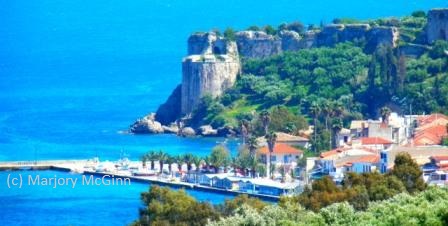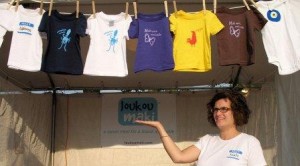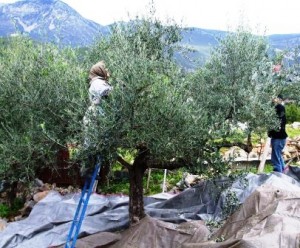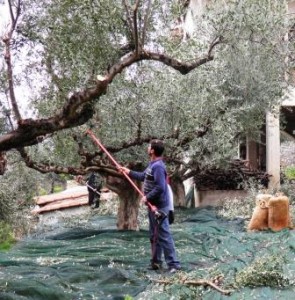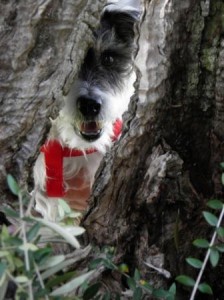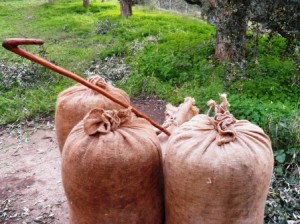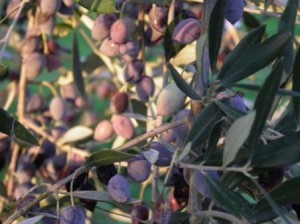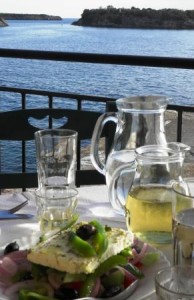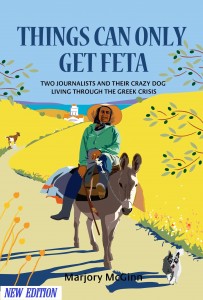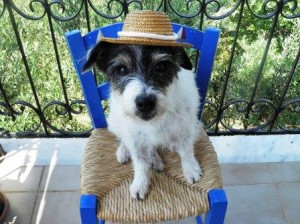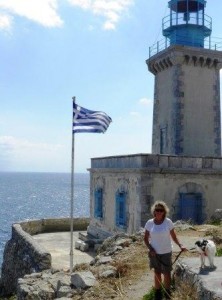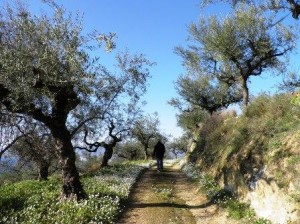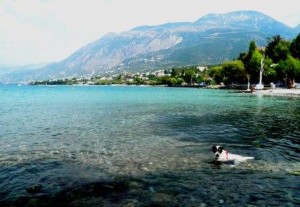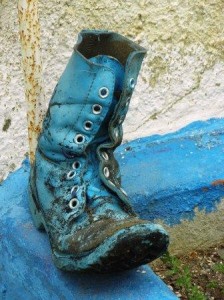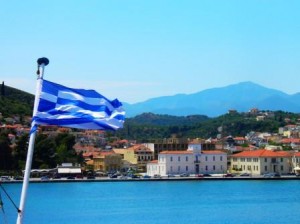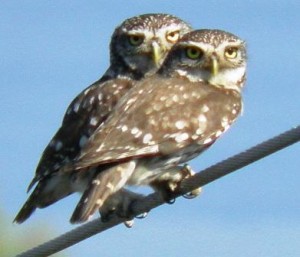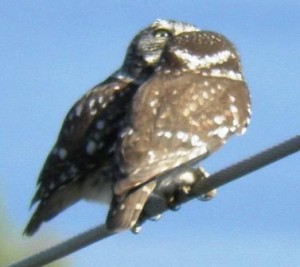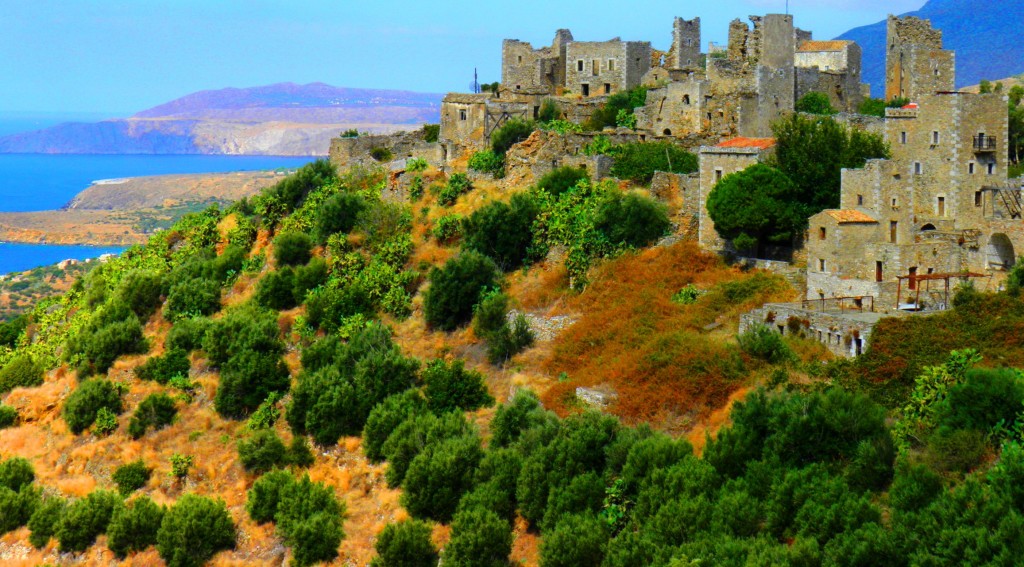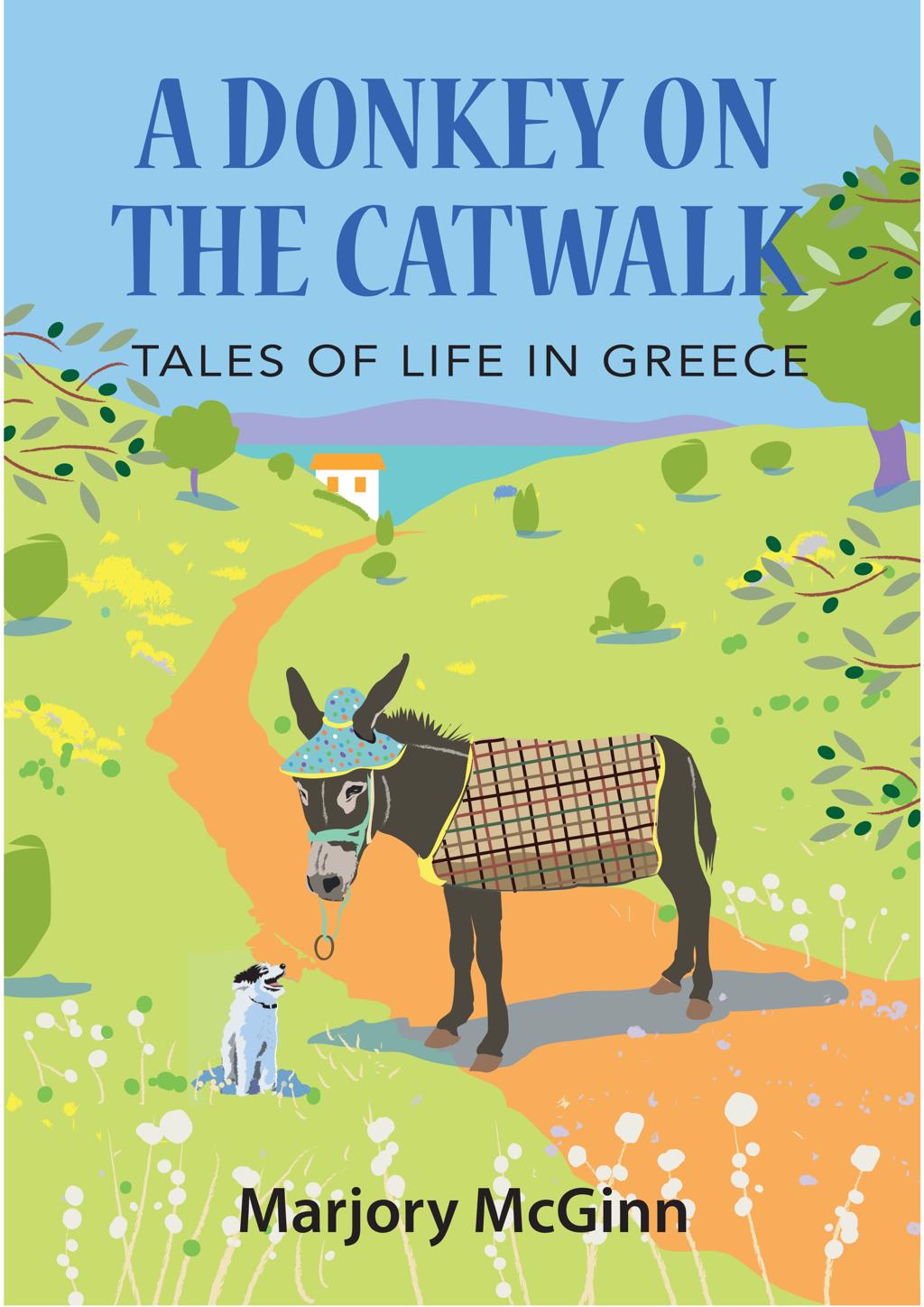
IT’S been a while since I’ve written a blog piece. Like many of you, I suspect, the last 12 months has felt like being thrown a curved ball – or more of a demolition ball really. The pandemic experience has been troubling and strange, and downright frightening at times, locked in our domestic prisons, experiencing strictures none of us have ever come across before. I have heard my family talk about living through wartime Britain, and although the pandemic is not quite that bad, I could understand for the first time how terrifying and restricted their lives must have been.
Despite having plenty of time to write regular pieces, such as blog posts, I failed at the beginning of the lockdown last March to gather up the motivation when other issues seemed much more important. And the future looked uncertain.
I’m sure the past year has tested everyone’s resolve, our faith in government, in religion, our small place in this terrifying world. If anything good can possibly come of this pandemic, it must surely be to appreciate the simple, true things of life more. If we once complained about our lot: not having the perfect life; enough money; a big enough house; or any of the dozens of things we obsess over in the western world, perhaps we won’t – any more.
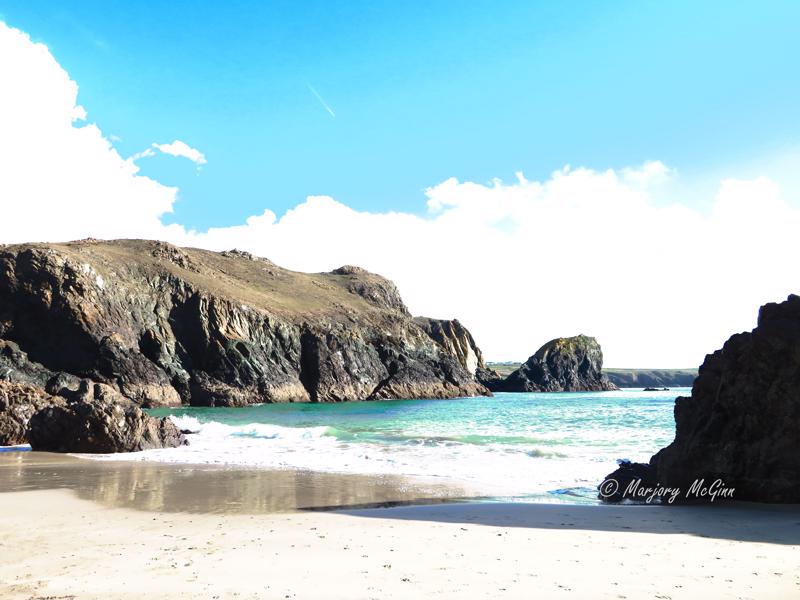
Beautiful Kynance Cove in Cornwall, on the far edge of care
Now we know how happy and well-off we really were, all this time, and just didn’t know it. Many of us have gone back to basics, spending more time being quiet, watching instead of talking, thinking instead of acting, appreciating nature, cherishing health and love above other things. I don’t know about you, but I have found how easy it is to live with less, as long as you have health and love. I’m sure we’ve all realised this now. And I do hope you have all survived the pandemic without too much loss or sadness.
For my part, I know that what made the past year easier to bear was the fact I now live in Cornwall, near the sea, a beautiful part of the world and a place where you can really feel the power of nature. With its wonderful coves and big skies, it has felt like the best possible place to be in lockdown.
And I have not been completely idle these past 12 months. After a bumpy start, I did start another book last summer and once it picked up speed, I found it was a superb way to shut out the world and its cares a while. That’s the beauty of writing. It’s your own world for as long as you’re doing it. Yours, and no-one else need see your efforts, or interfere, or take it away from you for that period of time. It’s between you and the page or computer screen. And that’s magical, to have some control after all, to have a refuge. There is nothing else like quite like it!
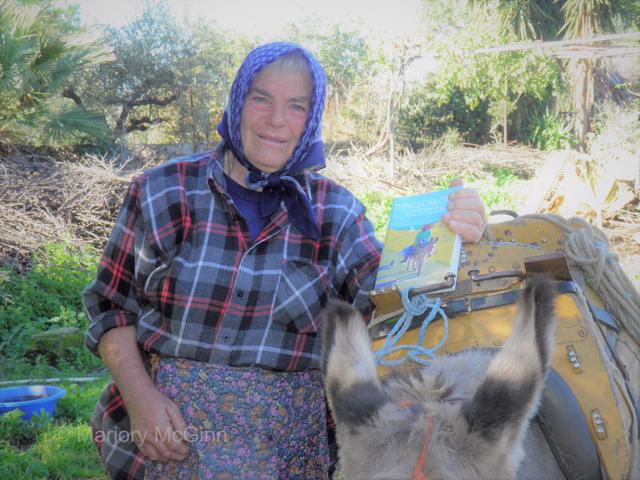
Foteini with her donkey Riko and a copy of Things Can Only Get Feta

Wallace looking cool in Greece
So, finally the book has just been published, on May 5. A Donkey On The Catwalk: Tales of life in Greece, is the 4th in the Peloponnese series. For those of you who have read my Greek memoirs, starting with the Amazon bestseller Things Can Only Get Feta, this book will seem a little different because it’s separate tales and travel narratives rather than one long narrative. However, the theme is still Greece and most of the tales are set in the wild Mani region of the Peloponnese again, with a return of some of the characters you have loved, like Foteini the inimitable goat farmer with her eccentric take on life. And Wallace, our Jack Russell companion, is still creating mayhem. How could he not? For those of you, however, who haven’t read my memoirs, you can read this one as a standalone, as with all the memoirs really.
As well as tales from the Peloponnese, there are stories from other Greek locations my husband Jim and I have visited, including Pelion and the islands of Santorini and Corfu. This book also offers tales from some of my own earlier trips to Greece, which I have not published before, including a year in Athens during a dangerous time of political upheaval, and a sabbatical in Crete, with a touch of romance in an idyllic setting.
To counteract the times in which I was writing this book, I’ve blended a lot of humour and lightness into these stories because, as psychotherapist Sigmund Freud once said, “Humour is a mature response to human suffering”, or words to that effect. Or rather, there’s nothing like having a laugh when life’s going pear-shaped.
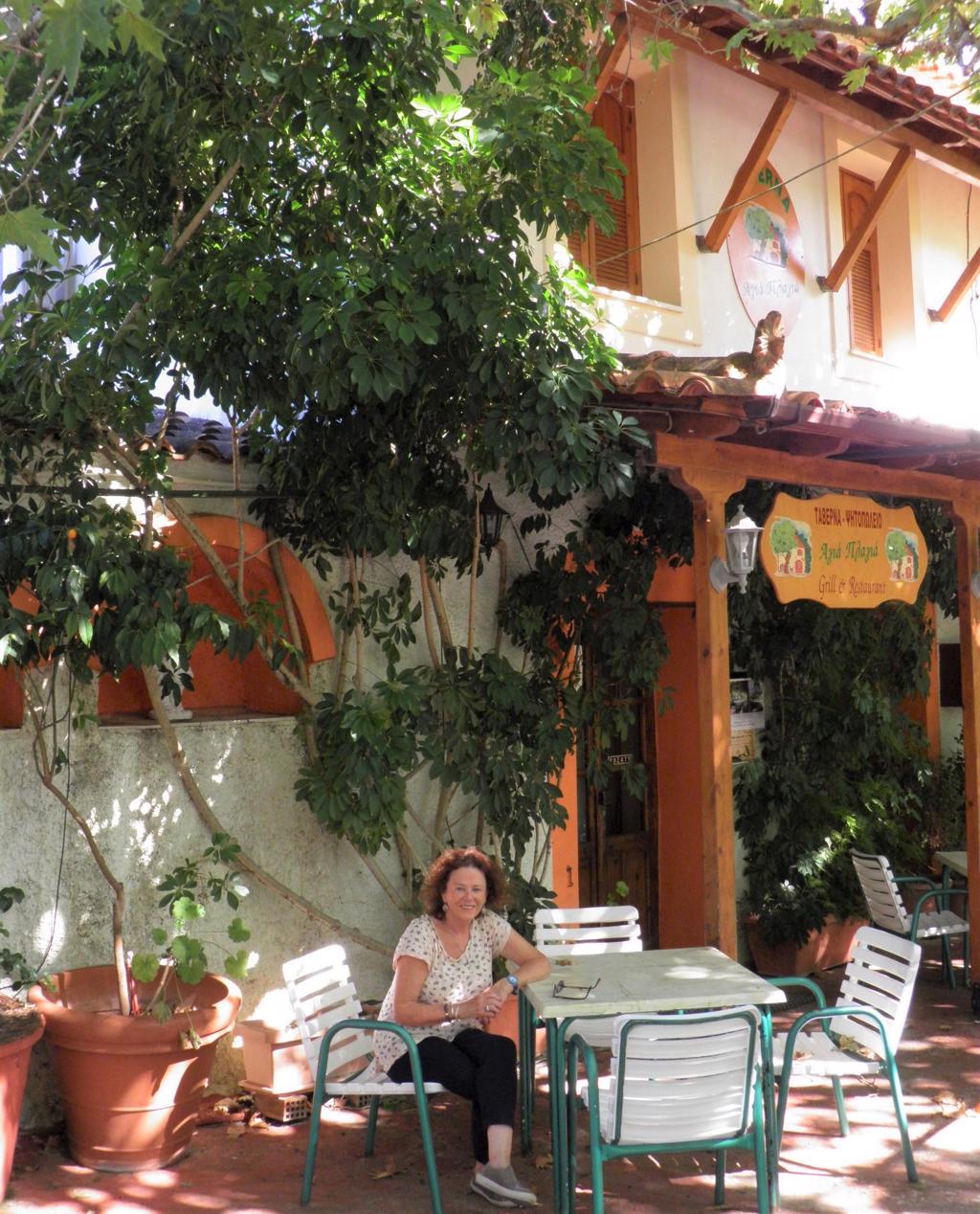
Marjory outside the Ayia Playia taverna in Falanthi, near Koroni
There’s more fun and craziness with Foteini and a strange shoe creation; a comical interface with a religious relic in Corfu, a house minding stint in southern Greece above a taverna with escapades we didn’t expect. But there are other stories too that are thought-provoking and chip away a bit more at the Greek psyche and lifestyle.
I hope you enjoy this book and if you do, please let me know. I always love to hear from readers. And do post a review of the book on Amazon if you care to. It always helps to introduce an author’s work to new readers.
Thanks for dropping by. Stay safe. x
The Greek books
To buy the new ebook (paperback to follow soon) on all Amazon stores, click on this universal link: https://mybook.to/DonkeyOnCatwalk
Marjory’s other best-selling memoirs deal with her time in Greece with her husband Jim and Wallace the terrier, living in the wild southern Peloponnese. She has also written two novels set in southern Greece. You can find them on her Amazon page.
Or visit the Books page on her website www.bigfatgreekodyssey.com/greek-books
You can also follow her on FB www.facebook.com/marjory.mcginn
And Twitter: www.twitter.com/@fatgreekodyssey
Thanks for dropping by. All comments are gratefully received. Just click on the ‘chat’ bubble at the top of this page.

© All rights reserved. All text and photographs copyright of the authors 2010-2021. No content/text or photographs may be copied from the blog without the prior written permission of the authors. This applies to all posts on the blog.
